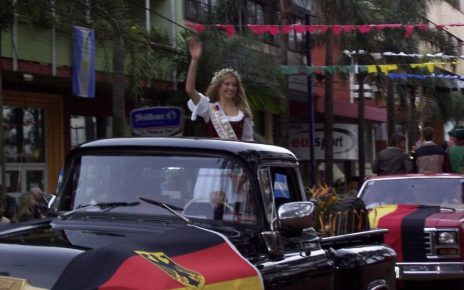The Volga Germans were ethnic Germans who settled in the Volga River region of Russia in the 18th century. However, due to various factors, many Volga Germans left Russia in the late 19th and early 20th centuries. Some of them migrated to Brazil, particularly to the southern states of Rio Grande do Sul and Santa Catarina.
The migration of Volga Germans to Brazil began in the late 19th century and continued into the early 20th century. They were attracted to Brazil by the promises of free land and better economic opportunities. The Brazilian government encouraged immigration as a way to populate and develop the southern regions of the country.
Upon arriving in Brazil, the Volga Germans established agricultural colonies and worked mainly as farmers. They brought with them their agricultural skills and knowledge, which contributed to the development of agriculture in the regions where they settled. They cultivated crops such as wheat, corn, and potatoes, and also engaged in animal husbandry.
The Volga Germans in Brazil maintained their cultural traditions and German language. They established schools, churches, and cultural associations to preserve their heritage. Over time, however, assimilation and intermarriage with other ethnic groups have led to a gradual decline in the preservation of their distinct German identity.
Today, the descendants of Volga Germans in Brazil form a part of the diverse Brazilian society. While many still maintain some connection to their German roots, they have also embraced Brazilian culture and customs. The influence of Volga Germans can still be seen in the architecture, cuisine, and cultural events in the regions where they settled.
